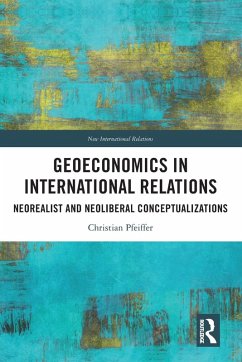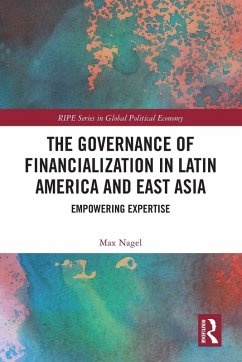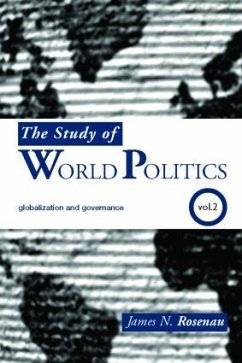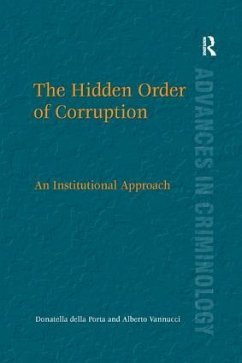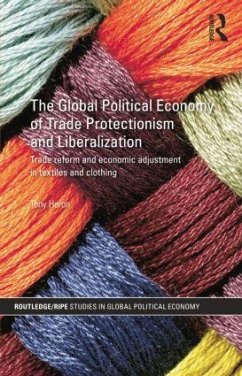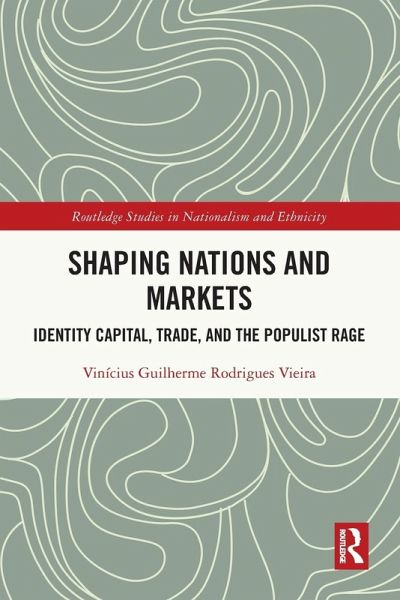
Shaping Nations and Markets
Identity Capital, Trade, and the Populist Rage
Versandkostenfrei!
Versandfertig in 1-2 Wochen
56,99 €
inkl. MwSt.
Weitere Ausgaben:

PAYBACK Punkte
28 °P sammeln!
Shaping Nations and Markets employs a mixed methods approach to contend that economic ideas, organization of domestic interests and their economic power, asymmetries of information, and political institutions do not sufficiently explain the formation of national interests in processes of trade liberalization.





